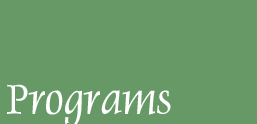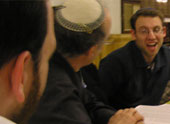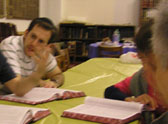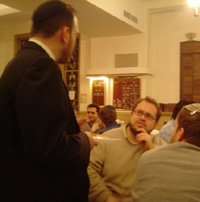|
||||||||||||||||||||||||||
|
| Click to join our mailing list | Special Programs |
|
|
InShabbos - Shabbat by the Hudson Yards
We invite you to join us for a community Shabbat. Featuring lively Friday night dinner, a grand kiddush lunch on the following morning, after-lunch games, learning, or just being together on Shabbat. Schedule January 17/18: Shemot (Exodus) Cost- Adult: $36 ($30 early - Student: $18 To reserve, click here or contact the Synagogue at Tel: 212 502-5291
|
|
|
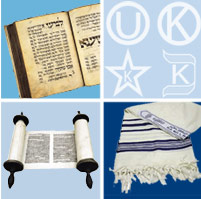 |
Weekly Programs Downtown Institute for Basic Judaism
The West Side Jewish Center is proud to be one of the partners in this wonderful new program aimed at helping provide basic knowledge about Judaism.
|
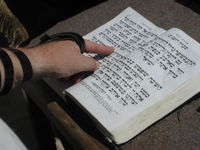 |
Weekly and Daily ClassesWhatever, Whenever — There's Always Something to Learn! We are still planning our fall courses. Please share any suggestions for topics and time slots with the Rabbi or in our office. You may share program ideas as well.
|
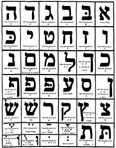 |
Crash Course in Hebrew Reading
Every year starting in November Read Hebrew America — Learn to read Hebrew in only Five Tuesdays! This is the remarkable course developed by Rabbi Ephraim Buchwald, founder and director of the National Jewish Outreach Program.
In only five 1-1/2 hour weekly sessions, you will learn to read Hebrew, and receive a free copy of NJOP's Reishith Binah Hebrew primer. A follow-up course to the Hebrew Reading Crash Course, the Level II class is offered to those who can recognize the Hebrew alphabet and would like to improve their Hebrew reading and comprehension skills in only five 1-1/2 hour weekly sessions.
Learn to read Hebrew -- the language of our people! Learn how to follow synagogue services, to be more involved in your children's Jewish education, or simply to enhance your own ties to Judaism. |
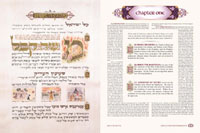 |
Pirkei Avot
Shabbat afternoons after Mincha during the Summer (see our weekly Shabbat schedule for Mincha time) Pirkei Avot (Chapters of the Fathers - פרקי אבות) is a tractate of the Mishnah composed of ethical maxims of the Rabbis of the Mishnaic period. The tractate consists of five chapters. The first four chapters contain sayings attributed to sages from Simon the Just (3rd century B.C.E.) to Judah haNasi (3rd century C.E.), redactor of the Mishnah. These aphorisms concern proper ethical and social conduct, as well as the importance of Torah study.
The fifth chapter of Avot departs from the organization and content of the preceding four in that it consists mostly of anonymous sayings structured around numerical lists, several of which have no direct connection with ethics. The last four paragraphs return to the format of moral aphorisms attributed to specific rabbis.
From at least the time of Saadia Gaon (10th century C.E.), it has been customary to study one chapter a week on each of the seven Sabbaths between Passover and Shavuot, or nowadays until Rosh Hashana. In the course of such study, it is common to preface each chapter with the Mishnaic saying, "All Israel has a share in the world to come" (Sanhedrin 10:1), and to conclude each chapter with the saying, "The Holy One, blessed be He, wished to bestow merit upon Israel; therefore he gave them Torah and mitzvot in abundance" (Makkoth 3:16).
The tractate includes several of the most frequently-quoted rabbinic sayings, such as "If I am not for myself, who will be for me? If I am [only] for myself, what am I? And if not now, when?" (Avot 1:15), and "It is not up to you to complete the work, but neither are you free to desist from it" (Avoth 2:19).
(From Wikipedia.) Join our lively, informal group study on Saturday afternoons while enjoying Seudah Shlishit (the third Shabbat meal) between Mincha and Maariv!
|
|
| |
|
|
Make a donation | Locate Us | Contact Us | Privacy Policy | Refund Policy | Members Login

